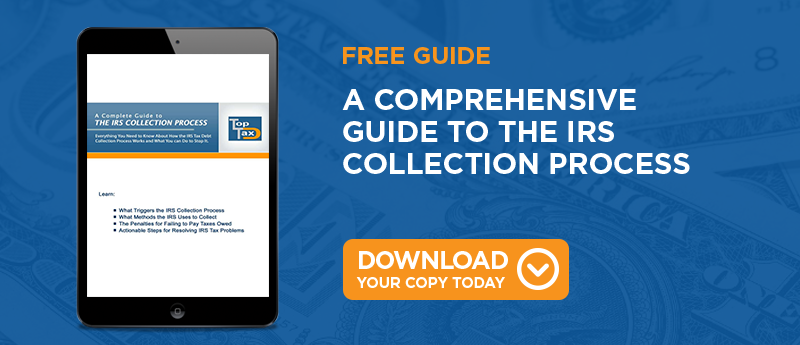
The Affordable Care Act, or ACA, goes into effect on January 1, 2014. Most people are aware that the ACA requires all U.S. citizens to purchase health insurance, but they may not know the way that the provisions of the ACA may affect their income tax liability. Tax professionals who will be preparing tax returns for 2013 will not have to deal with the implications of the ACA yet, since the law will affect returns in the 2014 tax year and after. However, understanding the Affordable Care Act can help preparers to offer advice and suggestions to their clients.
How the ACA Affects Taxpayers
According to the tax code, tax preparers are not legally required to discuss ACA provisions with clients, but they may choose to do so. The advice of a seasoned tax preparer can be especially helpful if a client's tax situation might allow for potential tax breaks and subsidies.
During 2014, many taxpayers who do not purchase health insurance coverage will have to pay a penalty called the Individual Shared Responsibility. Those who are subject to the penalty will not have to begin making payments until 2015. However, in some cases, uninsured taxpayers may qualify for an exemption from this responsibility, particularly if they earn very little income.
Taxpayers who are high earners, though, may have to pay an additional Medicare tax. While this tax does not affect their federal income tax liability, it does affect the amount of money they will take home each pay period. The additional Medicare tax provision only applies to taxpayers who earn more than $200,000 annually.
ACA Tax Subsidy Qualifications
The federal government will offer tax subsidies to households that meet certain income requirements. For some taxpayers, the subsidy may cover the entire cost of health coverage. To qualify for the ACA tax subsidy, households must earn less than 400 percent of the Federal Poverty Level for the number of people in the home. The Kaiser Family Foundation offers a free tax subsidy calculator that taxpayers can use to calculate their potential subsidy amount.
ACA Tax Implications For Employers
Employers will also be affected by the ACA. Every company owner who has 50 or more employees is required to offer healthcare coverage for his or her full-time employees. Failure to do so will result in small businesses paying a tax penalty called the Employer Shared Responsibility Payment in 2015. Tax preparers who have clients that operate businesses of this size may want to advise them on the impact of paying the employer penalty along with their tax return.
The government has also instituted the Small Business Health Care Tax Credit, which is especially designed for companies with middle class workers. This credit offers a substantial tax break to employers who pay for the cost of employee health coverage.
As the Affordable Care Act goes into effect, it will likely affect the tax returns of many individuals, families, and business owners. Learning about the tax provisions of the ACA will give tax preparers a head start on helping their clients navigate these changes.




